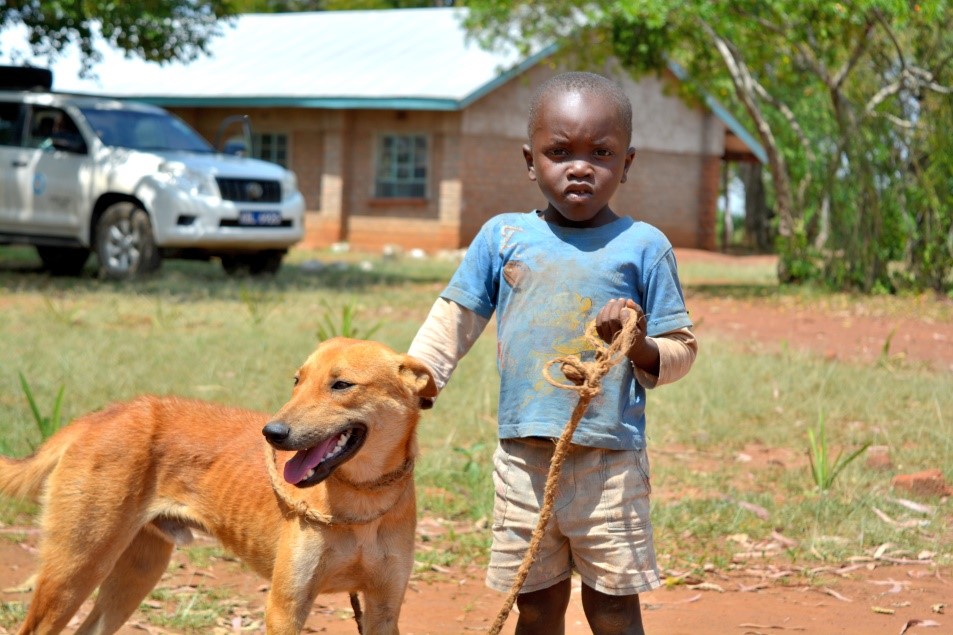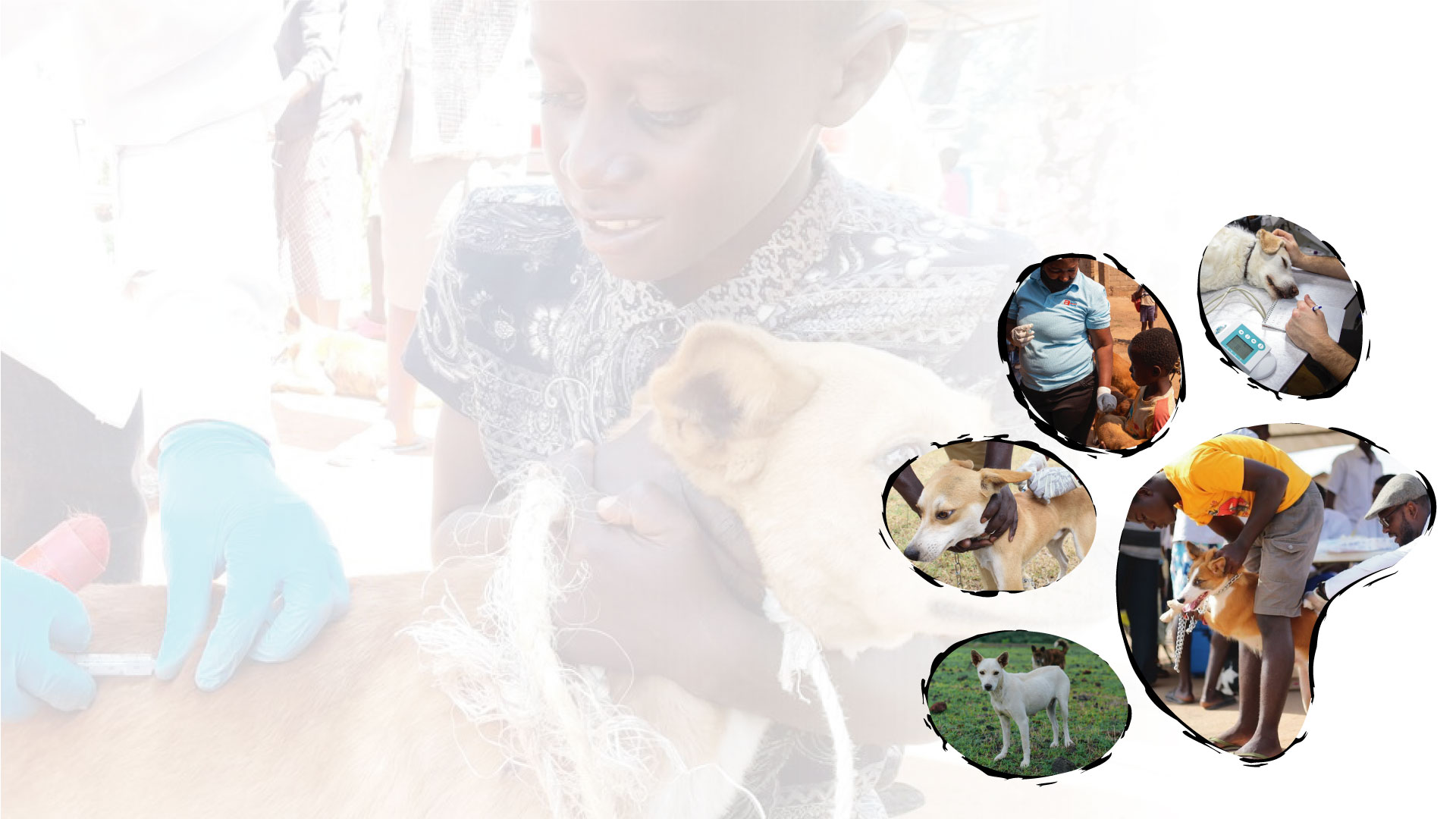
Following the World Rabies Day 2025, commemorated under the theme “Act Now: You, Me, Community”, the World Organisation for Animal Health (WOAH) convened a high-level webinar titled “Harnessing the Engagement of Veterinary Services with the Private Sector for Collective Action Against Dog-Mediated Rabies in Africa.”
The webinar brought together veterinary authorities, NGOs, vaccine suppliers, academia, private practitioners, and community-based organisations to share strategies and showcase the role of public-private partnerships (PPPs) in advancing rabies elimination efforts across Africa.
Rabies remains one of the deadliest zoonotic diseases, killing thousands each year despite being entirely preventable. With 99% of human rabies cases caused by dog bites, mass dog vaccination has been proven as the most effective, cost-efficient intervention. Yet, efforts remain fragmented in many countries, with private actors often working independently of government initiatives.
The urgency of collective action was underlined Dr. Karim Tounkara -WOAH, Regional Representative for Africa, in his opening remarks, in which he stated: “We cannot reach Zero by 30 without strong partnerships between governments, international organisations, and the private sector.”
Dr Karim Tounkara - Regional Representative for Africa (WOAH)
Dr Lillian Wambua - Regional One Health Officer, delivering her presentation on value of PPPs
To set the scene, the webinar opened with a presentation by Dr Rahul Srivastava (WOAH PPP Programme Officer), which was presented by Dr. Lillian Wambua (WOAH One Health Regional Programme Officer) underscoring the importance of public-private partnerships in the veterinary domain. Noting that aside from government actors such as ministries and agencies WOAH recognises the broad range of private stakeholders in the veterinary sector including private companies, research and academia, non-governmental organisations, community-based organizations and the community, amongst others. The PPP therefore should be focused on defining the common objectives in rabies control and, more importantly, the roles and responsibilities of each stakeholder. There were numerous opportunities for PPPs in rabies control, for instance in strengthening rabies surveillance, laboratory investigations, data management, logistics, and vaccination programmes.
Dr. Wambua emphasized that when veterinary authorities collaborate with private veterinarians, NGOs, and community-based actors, it creates a multiplier effect through:
WOAH’s “PPP Toolkit” including the PPP Handbook, PPP Database, and e-learning courses were highlighted as public resources, available to be utilised by Member countries/territories (“Members”) and stakeholders in the veterinary domain to formalise and scale up partnerships for rabies elimination.
No single actor can achieve Zero by 30 alone, collective action must be at the heart of rabies control strategies in Africa.
Dr. Maurice Karani, Regional Research Manager at Worldwide Veterinary Services (WVS) underpinned the importance of non-governmental actors and researchers as partners in the fight against rabies. Presenting compelling data from WVS dog vaccination campaigns in Malawi and Kenya, he demonstrated the importance of operational research and digital tools such as the WVS Data Collection App, in driving evidence-based decisions in rabies programmes. For instance, the use of data to draw up the fine details of dog vaccination strategy including the placement of vaccination locations in communities significantly increased coverage. He also shared research findings from Machakos County, Kenya, where economic analysis of the vaccination campaigns revealed a cost USD 2.4 per dog, underscoring the importance of research in evidence-based planning to maximize impact of interventions.
The webinar also featured a series of case studies showcasing PPPs in different countries:
In the key takeaways from the webinar, participants were encouraged to take concrete actions to accelerate rabies elimination through:
The webinar underscored that rabies elimination in Africa requires more than isolated interventions. It calls for coordinated, multi-stakeholder partnerships that combine resources, expertise, and innovation towards sustainable interventions against rabies.
From Kenya’s digital reporting initiative to Namibia’s MoUs with NGOs and Cameroon’s grassroots PPPs, the examples shared highlight the power of collaboration to turn strategy into action. With continued commitment from governments, private partners, and the international community, Africa is making significant strides toward achieving the vision of Zero human deaths from dog-mediated rabies by 2030.




